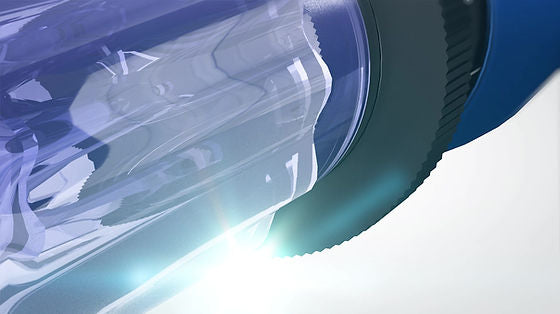
Latest News – July 14, 2024
Microneedling Magic ; Rejuvapen
Microneedling's versatility makes it effective for treating various skin concerns, from fine lines to scars and uneven texture.

Latest News – July 14, 2024
Microneedling Magic ; Rejuvapen
Microneedling's versatility makes it effective for treating various skin concerns, from fine lines to scars and uneven texture.

Latest News – July 12, 2024
Introducing SkinCeuticals P-TIOX: Glass Skin in a Bottle - Launches July 17th
Say goodbye to fine lines and wrinkles and hello to glass skin radiance with SkinCeuticals brand new peptide powered serum, P-TIOX. Developed by the #1 medical skincare brand, P-TIOX helps the appearance of contraction lines and reveal a smooth, radiant complexion after just one week.

Latest News – July 11, 2024
Understanding Cellular Turnover
Cellular turnover is the process of producing new skin cells to replace existing skin cells and is vital to keeping your skin smooth, healthy, and glowing. Unfortunately, like many biological processes in the body, it’s also something that can slow down and become less efficient as we age.
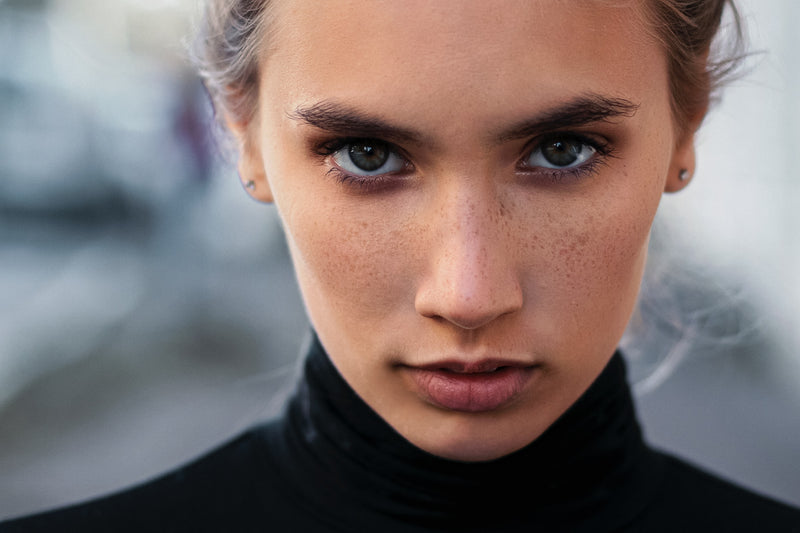
Latest News – May 27, 2024
National Sun protection day - 27th May 2024
Today, we know the true dangers of the sun’s rays (and those of UV tanning beds) and the carcinoma and melanoma we could be afflicted with if we lack proper protection. It was only recently that the National Council on Skin Cancer Prevention designated a special day to learn about how we can protect ourselves. National Sunscreen Day - Today (May 27th).

Latest News – May 15, 2024
Podcasts We're Listening To
Learn more about the podcasts we are listening to!

Latest News – May 15, 2024
Skin and UV Damage
Not so long ago, people thought that a sunburn was necessary on the way to a good base tan. Unfortunately, the burn is never a good sign. What sun addicts didn’t know then was that we were setting our skin up for damage to its structural proteins and DNA. This in time invariable results in wrinkles, liver spots and cancers. No matter where your complexion falls on the Fitzpatrick Skin Type scale, ultraviolet radiation (UV) from the sun or tanning beds will damage your skin.

Latest News – May 08, 2024
Reviews are In for Aesthetics Treatments with Nurse Anne and Dr. Sarah Kate
We have two excellent aesthetic medical practitioners -Dr. Sarah Kate and Nurse Anne. Learn more about their services and expertise.
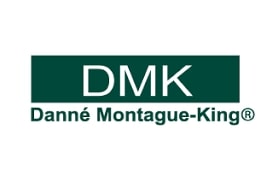
Latest News – May 08, 2024
The Key Reasons Your Skin Deserves a DMK Facial
We are proud to utilise the incredible power of DMK skincare, and enzyme therapy skin treatments. And we are committed to providing the best quality and the most effective treatments available for our clients. Our staff really appreciate being able to offer exceptional products and treatments. This passion for excellence encourages us to seek These skincare treatments relies on the proven research of the revolutionary botanical scientist and cosmetic chemist, Danne Montague-King.
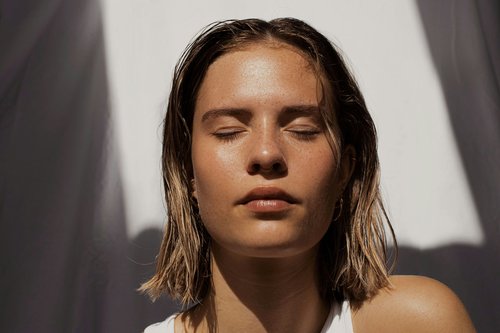
Latest News – May 08, 2024
Happy, Healthy Skin and How Peptides Help Achieve Results
HAPPY HEALTHY SKIN Even at its thickest point, our skin is only a few millimetres thick. But it is still our heaviest and largest organ, making up about one seventh of our body weight: Depending on your height and body mass, it weighs between 3.5 and 10 kilograms (7.5 and 22 pounds) and has a surface area of 1.5 to 2 square meters. Skin protects your body from harmful things in the outside world, it is an important sensory organ, and plays a big role in metabolism. It’s what separates your delicate insides from the harsh outside world...

Latest News – May 08, 2024
Meet Some of the Team - Who are they, what do they do, and what are clients saying?
Meet Some of the Team - Who are they, what do they do, and what are clients saying?
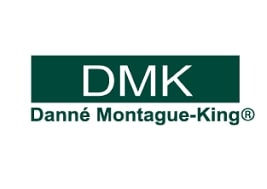
Latest News – May 08, 2024
DMK Q&A
Read DMK Q&A about products and their uses.
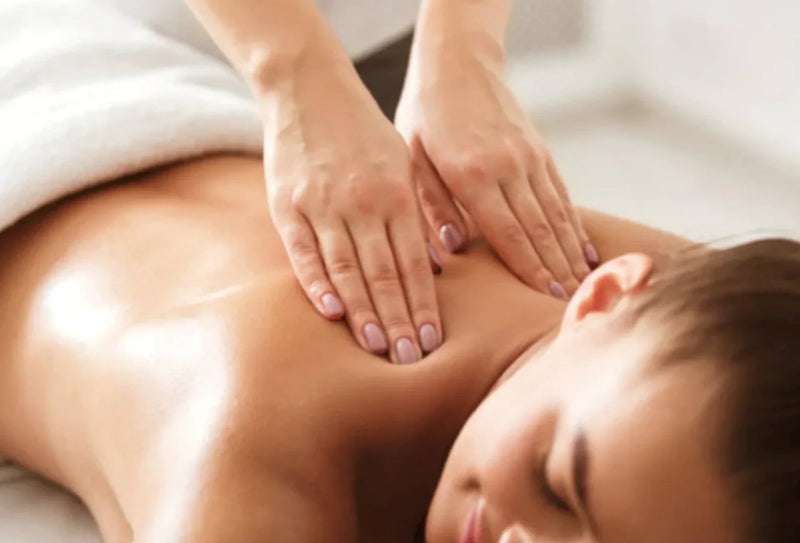
Latest News – May 08, 2024
Experience the Rejuvenating Powers of Massage Therapy at Woulfe Wellness
Massage therapy has been used for centuries as a healing practice to improve physical, mental, and emotional well-being. At Woulfe Wellness, we recognise the powerful impact that massage therapy can have on our clients’ lives. We offer various massage techniques tailored to everyone’s needs and preferences. In this blog, we will explore the benefits of massage therapy and the different available methods. Whether you seek relief from chronic pain or stress or want to indulge in much-needed self-care, massage therapy can heal and rejuvenate.
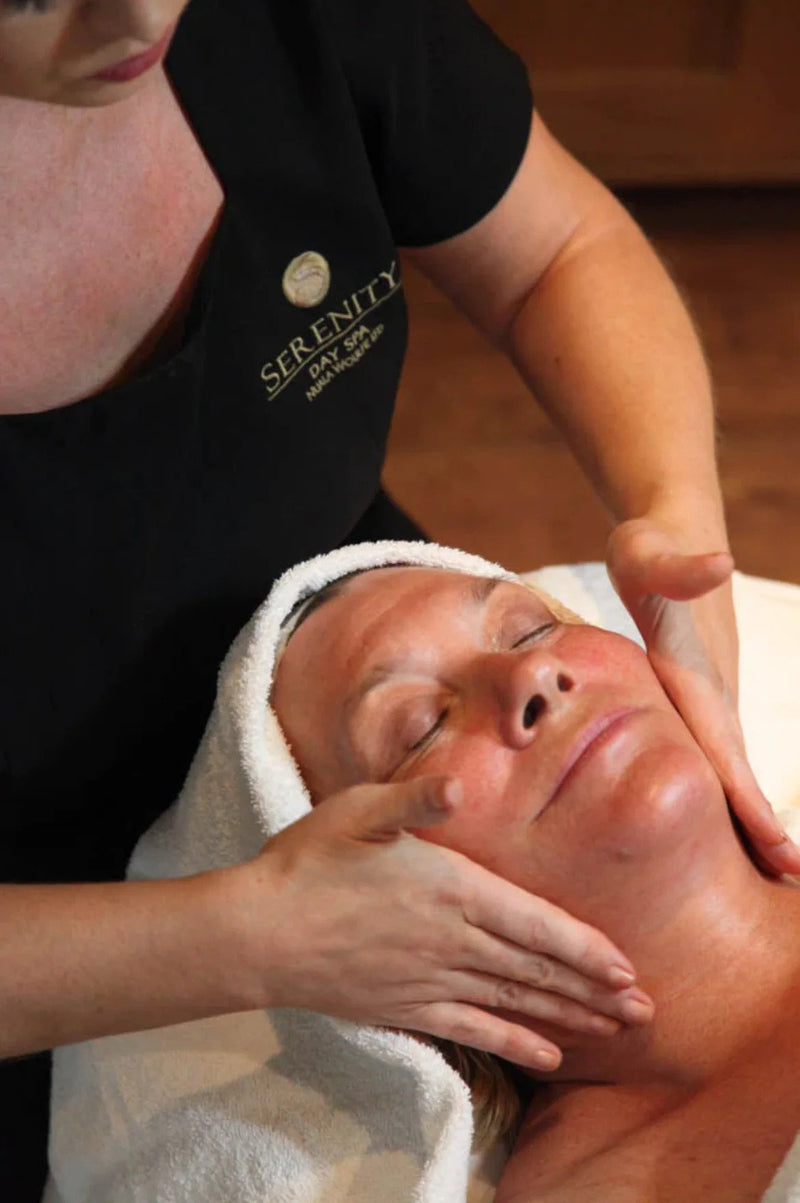
Latest News – May 08, 2024
Microcurrent Facials - Your skin speaks, we listen!
Microcurrent is a safe, painless, non-invasive procedure to tone, lift, sculpt the face and jawline, and firm muscles. It "re-educates" the facial muscles and restores them back to their original position and shape. The results are visible and dramatic as the face is lifted, firmed, and toned back to a more youthful appearance.
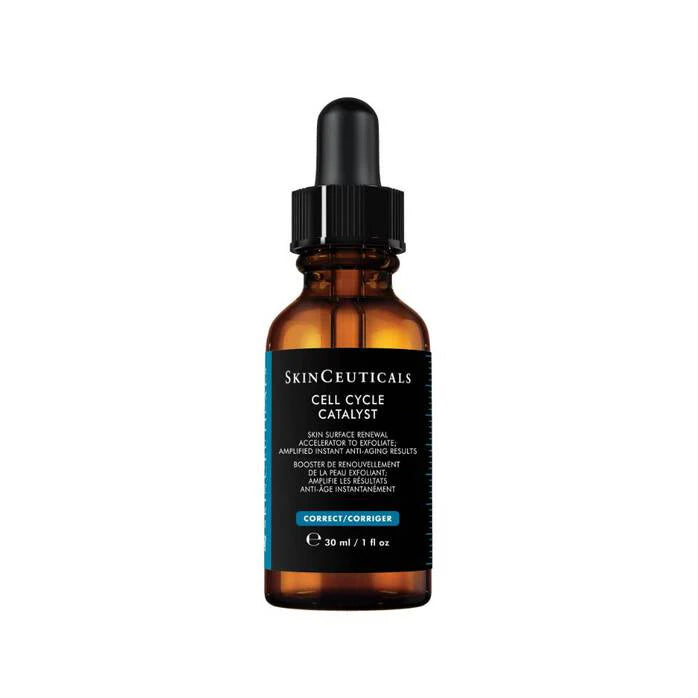
Latest News – May 06, 2024
SkinCeuticals Cell Catalyst Serum
SkinCeuticals Cell Cycle Catalyst, the brand’s latest lightweight serum that promises to accelerate skin renewal and amplify anti-ageing results, is poised to become the next skincare obsession. But what exactly are the power ingredients behind its formula?
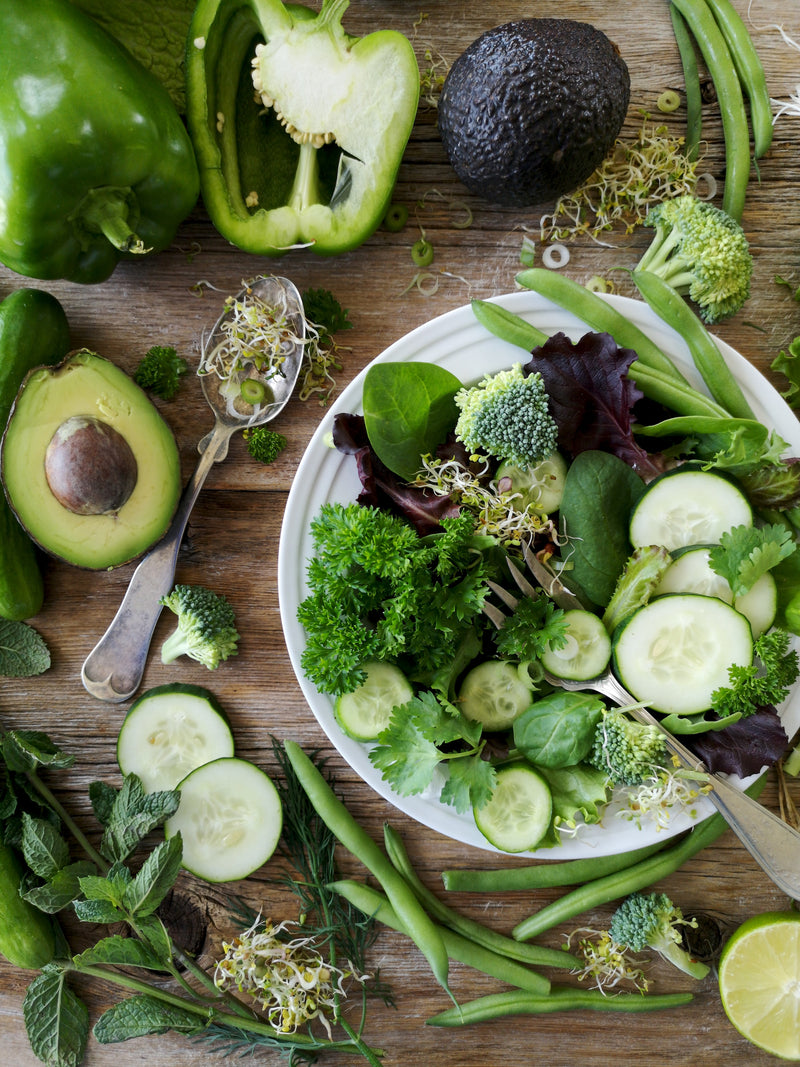
Latest News – April 21, 2024
Good sleep is important for skin & general health.
Having a good night’s rest is imperative, however many of us aren’t getting enough sleep. A good night’s sleep enhances our overall well being including skin health, assistance with inflammation (associated with heart disease), muscle growth and weight management.
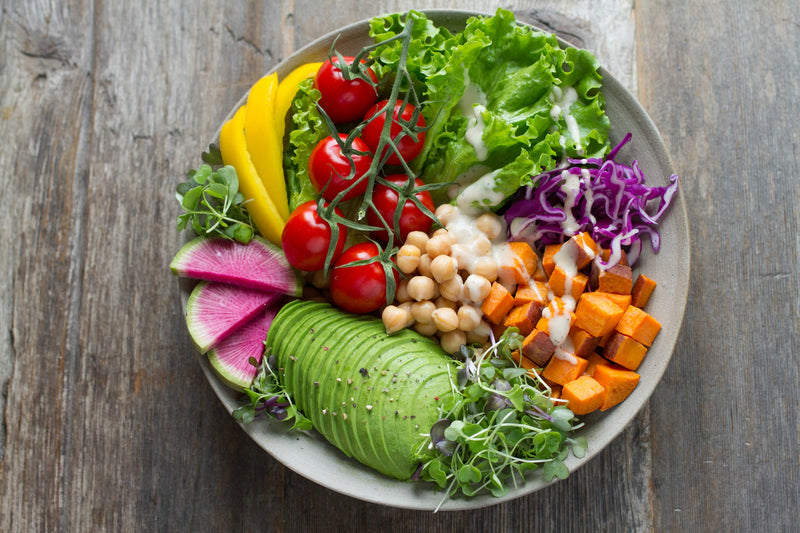
Latest News – April 14, 2024
Seborrhoea Dermatitis
What is seborrheic dermatitis?This is a common skin condition that causes a scaly rash on oily areas of the body like the scalp and face. The rash can appear on the skin in many different ways, and sometimes looks like another dry skin condition. Manage dietary sugar intake to reduce internal triggers. Sebborhea dermatitis can cause irritation on skin as the scales from the scalp land in the facial skin .
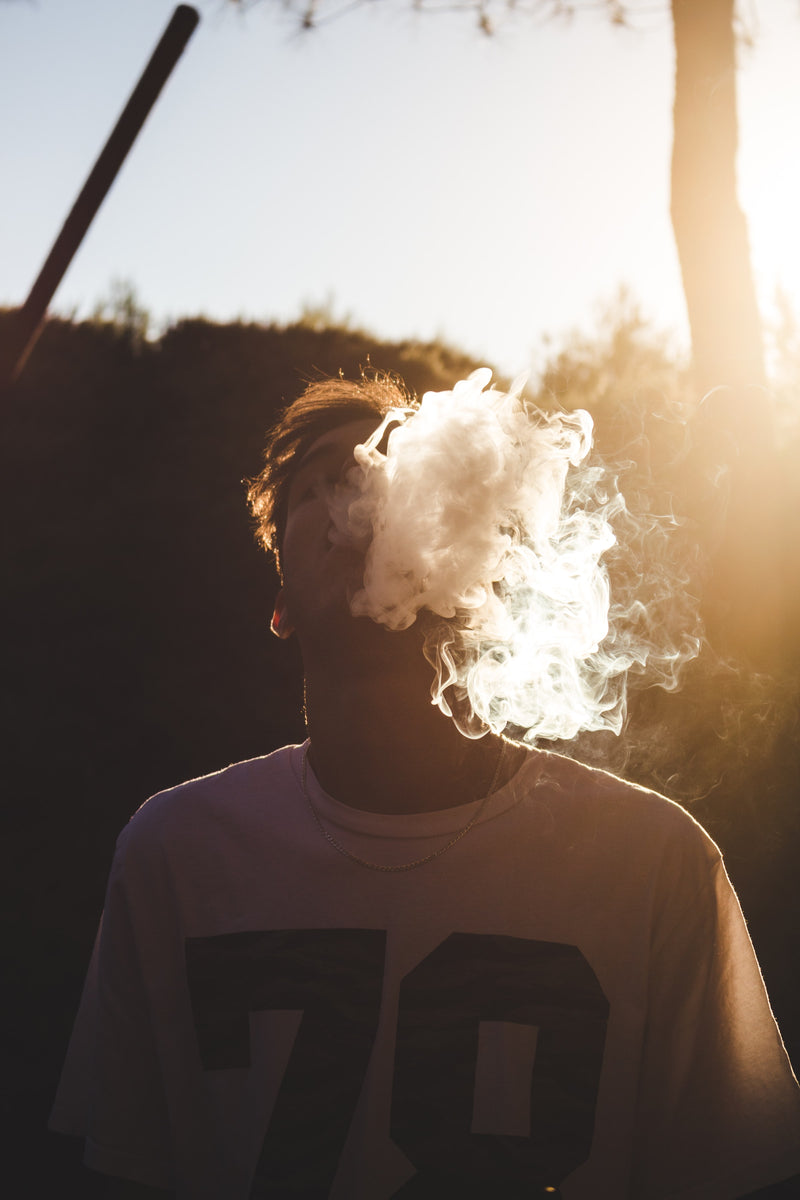
Latest News – April 06, 2024
Protect your skin from Pollution.
It’s not just UV light from the sun that wreaks havoc on our complexion; environmental damage is also a cause of dull, rough, blotchy, discoloured, and older-looking skin. Daily exposure to various forms of pollution accelerates signs of ageing.Air pollution is a collective term for all gases or particles that are released by human activity. This includes exhaust fumes from cars, production processes, petroleum and other chemical refineries and cigarette smoke.
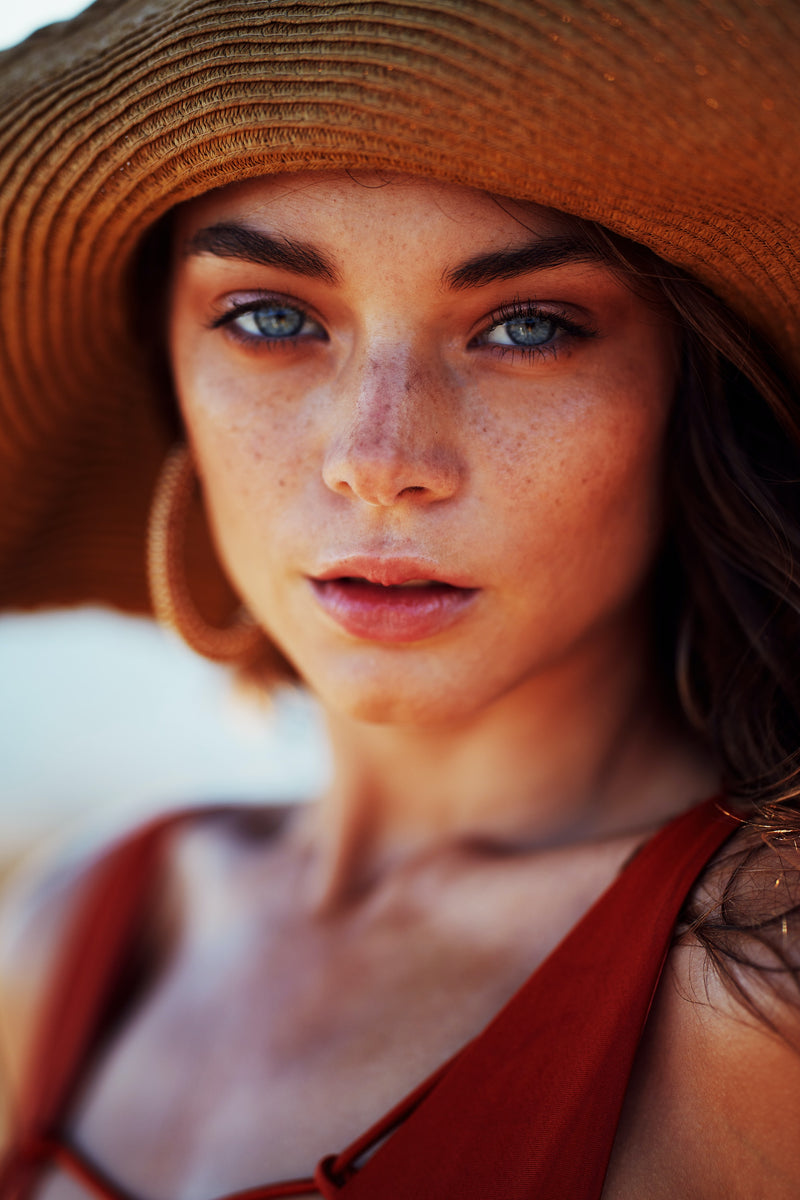
Latest News – April 01, 2024
JetPeel Skin Treatment.
The JetPeel jet pressure energy device generates pressurised air, which is accelerated in order to manipulate liquid into fine misty jet streams. These jet streams, travelling at a speed of over 200 m/s, are applied to the skin surface with the patented JetPeel handpiece, a wand-like instrument available in a range of sizes and configurations for specific treatments and conditions. As it travels over the skin, the handpiece generates continuous fine liquid jet streams that provide a lymphatic massage followed by exfoliation of the epidermal layer, and then gently stretch the skin surface for the infusion of specially suited liquid solutions.

Latest News – March 31, 2024
Unveiling the Secret Weapon for Timeless Skin: SkinCeuticals CE Ferulic.
SkinCeuticals CE Ferulic! Picture this: You wake up in the morning, and as you glance in the mirror, you're greeted by a face that exudes vitality and luminosity. Sounds like a dream, right? Well, with SkinCeuticals CE Ferulic, that dream can become your reality. So, what's the buzz all about? Let's break it down. First things first, let's talk about those pesky signs of ageing . Fine lines, wrinkles, dullness – they're like unwelcome guests that just won't leave the party. But fear not! CE Ferulic swoops in like a superhero, armed with potent antioxidants that fight off free radicals, the culprits behind premature skin ageing . Say goodbye to those fine
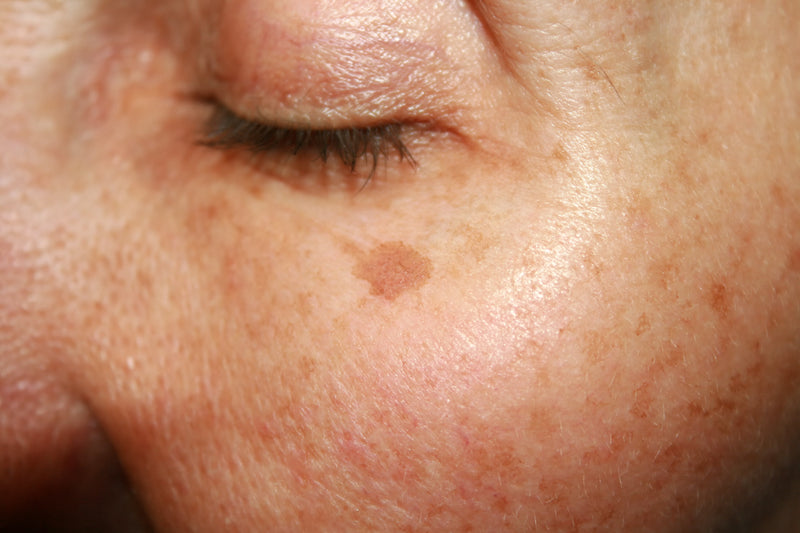
Latest News – March 27, 2024
Hyperpigmentation - Causes & Treatments
Pigmentation is a common skin complaint and one that really comes to the fore after the sunnier months. Hyperpigmentation treatments to fade dark spots well, but note pigmentation can reoccur again when exposed to UV rays, so wear a good SPF every day all year round. Pigmentation is a common skin complaint and one that really comes to the fore after the sunnier months.
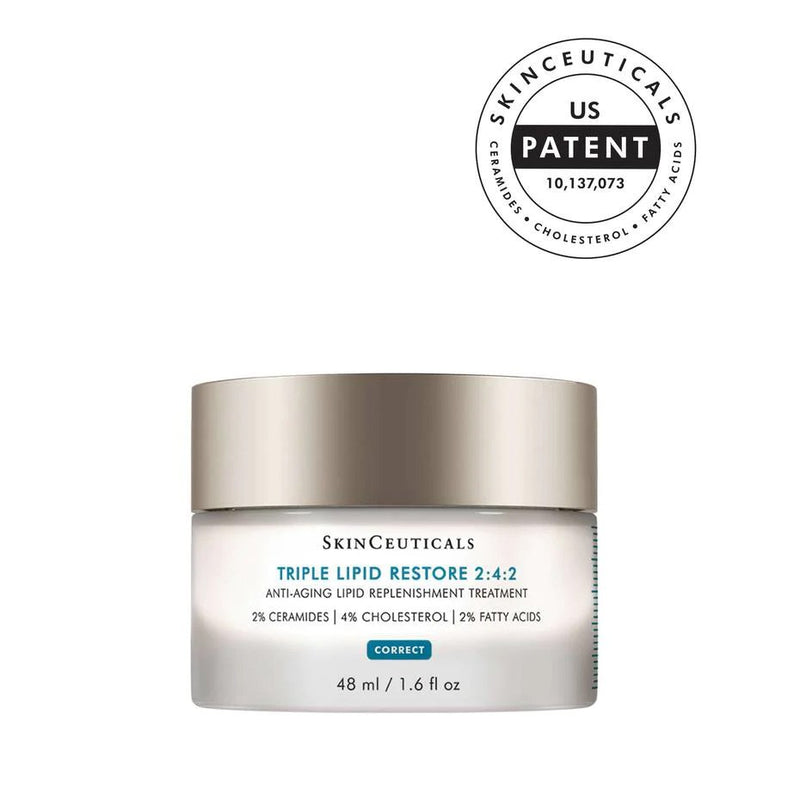
Latest News – March 27, 2024
A Retinol Sandwich
A retinol sandwich simply entails layering retinol between two applications of a non-active moisturiser. To do it, apply moisturiser to damp, cleansed skin. Next, use your retinol product as directed on the package, remember a small amount goes a long way, avoiding sensitive areas like the eyelids and corners of the mouth. Then complete your “sandwich” by adding another generous layer of moisturiser on top. This second layer of moisturiser can either be the same formula you used for the first or a thicker one, depending on how much hydration you need.
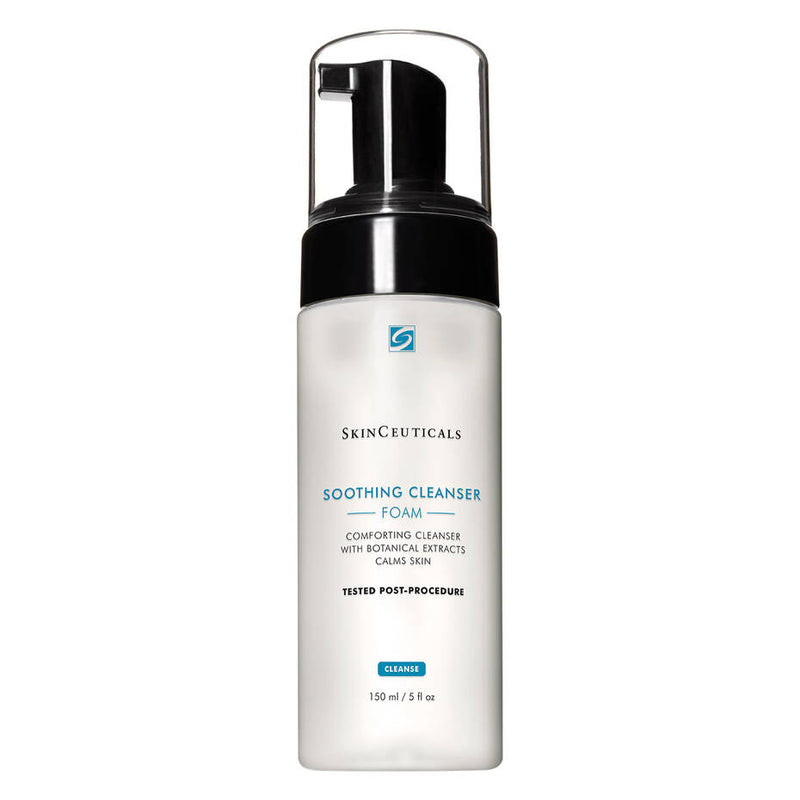
Latest News – March 27, 2024
March Product Showcase: SkinCeuticals Soothing Foam Cleanser
SKINCEUTICALS SOOTHING FOAM CLEANSER. We really like this cleanser - Designed specifically for sensitive and post-procedure skin, Soothing Cleanser is formulated in a calming, cleansing foam to dissolve impurities while soothing and hydrating skin.

Latest News – March 27, 2024
Overview of Hormones and Oestrogen in Women
Oestrogen appears to play a central role in the immune response but can too much of it be a good thing? When clients come to me with hormonal imbalances or symptoms that range from oily skin and acne, digestive upset, PMS, or heavy, painful periods, the digestion and liver are two of the first areas we address. The liver is key to metabolism, detoxification, nutrient absorption, blood sugar balance, and immune system function. It is quite the superhero of the body.

Latest News – March 09, 2024
Skincare ingredients to look for to protect your skin.
Skincare ingredients that are pro ageing , focus on addressing specific concerns associated with aging, such as loss of elasticity, fine lines, wrinkles, and uneven skin tone. Here are some ingredients commonly found in skincare products that can be beneficial for mature skin in multiple ways: Retinoids: recognised as gold standard- these are derivatives of vitamin A known for their ability to stimulate collagen production .